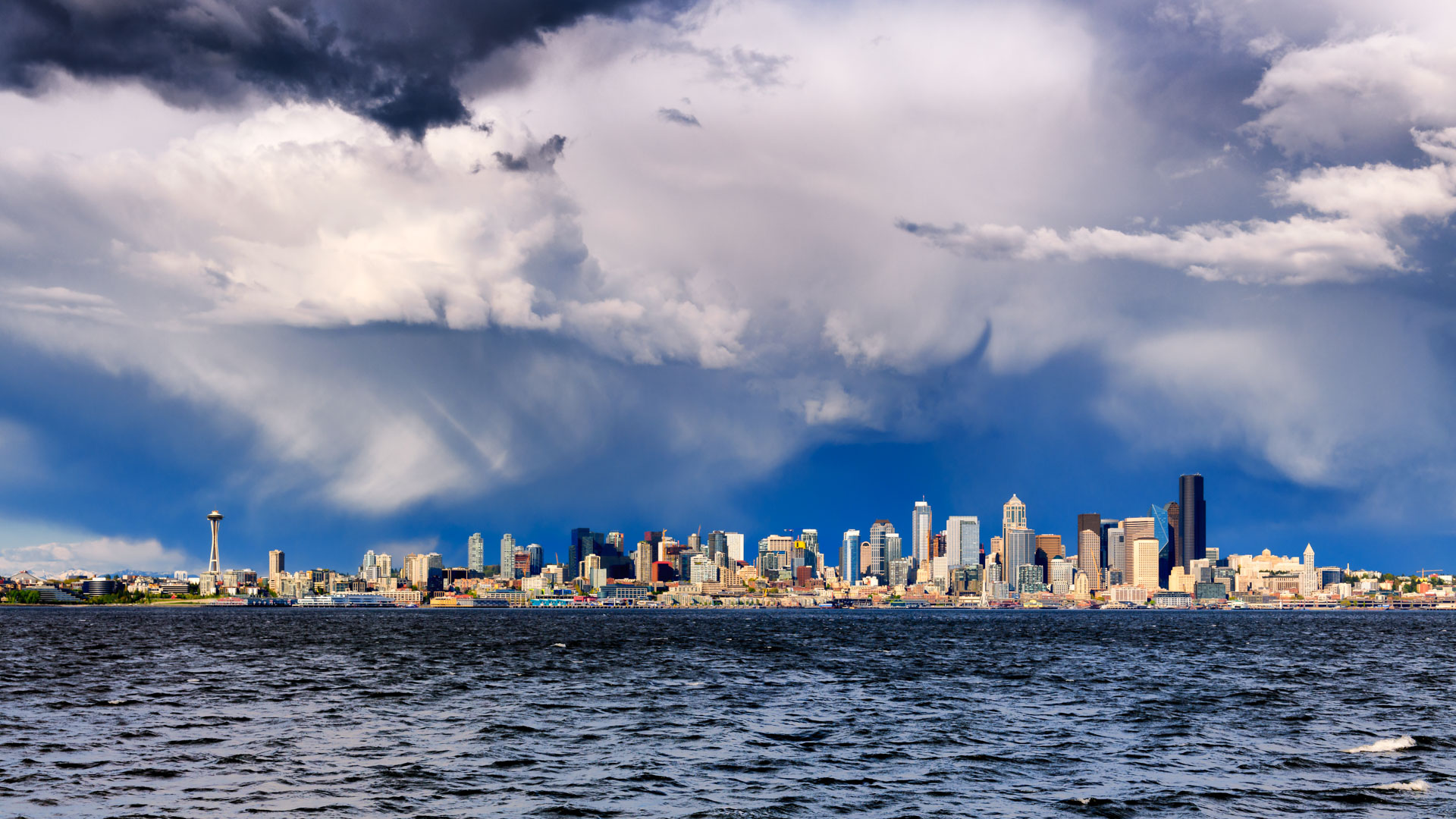
The City of Seattle is tracking this week’s winter weather system – including strong winds, cold temperatures, and possible snow – and is prepared to activate additional services as needed.
For the latest information on places for people to get indoors and out of the cold, keeping critical infrastructure open, changes to City services, and tips to stay warm and safe, please visit our Winter Weather site. For the latest forecast updates, check with National Weather Service Seattle.
Community members should sign up to receive Alert Seattle notifications for emergency alerts on service impacts including waste collection delays.
“Seattle residents should take care and be safe during this week’s weather event and throughout the winter season,” said Mayor Bruce Harrell. “City staff and crews are prepared to address weather impacts and will continue proactively monitoring the forecast to ensure a swift and appropriate response. Neighbors and vulnerable residents can take note of available resources and safety tips, and I encourage all Seattleites to sign up for Alert Seattle to receive ongoing notifications and emergency alerts.”
Forecast Update: January 9 – 14
The National Weather Service is projecting a major storm system for Washington State, with blizzard conditions, heavy snow, and strong winds in mountain passes and throughout the Cascades. Everyone is advised to exercise extreme caution and consider delaying trips if planning to travel in the mountains.
Current projections for Seattle include continued rain on Tuesday, potential freezing temperatures starting Thursday and continuing into next week, and possible lowland snow impacting the region on Friday and Saturday.
City Response
The City and its partners are prepared to respond to this weather event and as needed will be ready to deploy snow plows to critical routes, restore power in case of outages, provide places for people to get indoors, and inform our community of how to prepare.
Community members are advised to avoid or delay travel if possible, on Friday and Saturday. If you must travel, check road and transit conditions before beginning your trip and prepare for possible delays. Take winter travel safety precautions: keep an extra flashlight, food, water, warm clothing, and a way to communicate with you and in your vehicle in case of emergency.
For the latest information on King County Metro routes and service, please check here.
For the latest information on Sound Transit light rail routes and service, please check here.
Sound Transit is still planning service disruptions and delays for construction work in downtown Seattle from January 13 to February 4.
For the latest information from WSDOT on mountain pass conditions, please check here.
Indoor Spaces
The King County Regional Homelessness Authority has activated their severe weather response including 24/7 emergency shelters and warming centers in Seattle and throughout the region.
Available overnight shelters include the Seattle Center Exhibition Hall and SODO Severe Weather shelter, check here for hours and more information.
City facilities may be impacted by staff capacity and weather. For up-to-date information about any impacts to Seattle Parks and Recreation community center hours, programming, or school-age/preschool programs, please check here. For up-to-date information about impacts to Seattle Public Library branch hours, please check here.
Resident Preparedness
- Heaters: Home heaters are working extra hard with the cold weather, and heating-related fires are the second most common type of fires this time of year. Before a cold weather event occurs, make sure your portable heater is independently tested and has an automatic shut off feature.
- Pipes: Protect water pipes from freezing in exposed or unheated areas (attics, basements, and garages) before a cold weather event by wrapping them with tape and insulating materials from hardware stores.
- Sidewalks: Help keep Seattle accessible for our neighbors by clearing snow and ice from sidewalks after a storm. It’s the law, and the right thing to do.
- Storm Drains: Help prevent flooding by clearing leaves and debris from storm drains ahead of storms and ice.